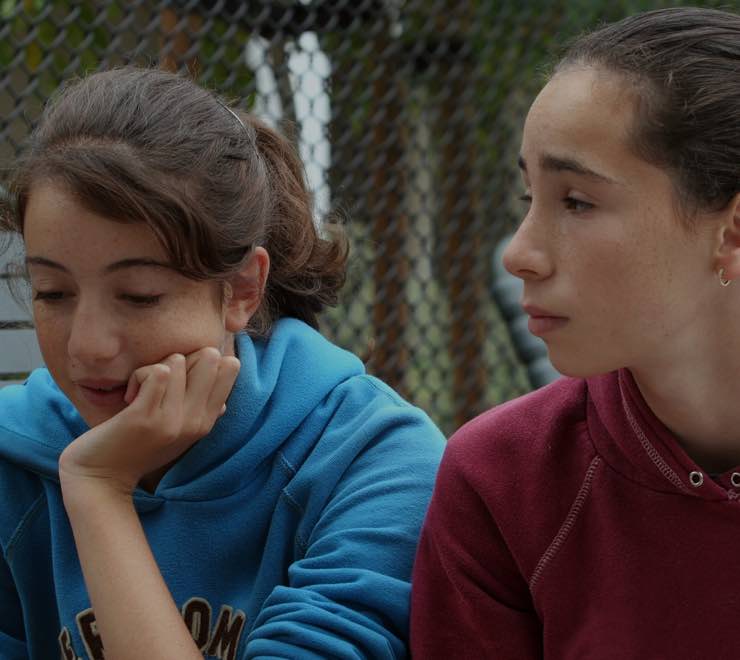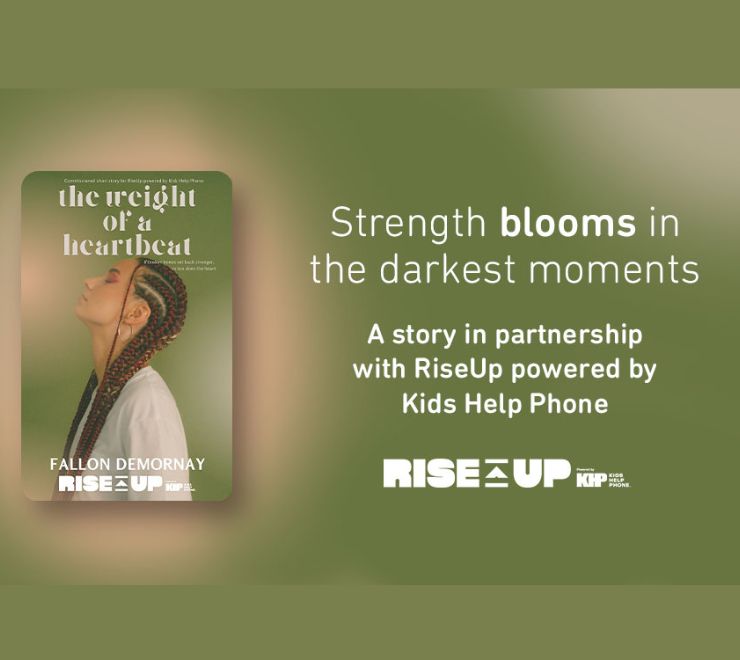Friendships have a tendency to change over time which can cause friends to drift apart. When this happens, it can make people feel lonely and excluded. Here’s how to cope.
Everyone goes through changes in their lives and friendships. Sometimes, these changes can cause friends to drift apart when their needs aren’t being met or interests are no longer shared. This is common and something many people go through, but it can still be tough to deal with, especially if you’re starting to feel lonely and excluded.
Here are some situations in which your friendship may change:
- a friend moves away
- a friend switches schools
- a friend starts a new dating relationship
- a friend has another close friend(s)
- a friend becomes heavily involved in extracurricular activities
- a friend is dealing with an issue outside of the friendship (like an illness)
- shared interests and hobbies change over time
- friends start to go their separate ways
If your friendship is moving in a direction that doesn’t meet your needs, it’s OK to feel sad, hurt, jealous or even angry about the situation. Here are some things you can do to cope:
- Take time: try to give your friendship a little room to breathe and grow. It may just need some time to settle down.
- Talk it out: let your friend know how you’re feeling about the friendship. (There’s a chance they may be feeling the same way.)
- Stay positive: try not to accuse your friend or blame them for the situation. Focus on each other’s strengths and what you can both do to improve the friendship.
- Set expectations: explain your needs to your friend (be specific!) and ask about their needs in return. Talking to each other about expectations can help you set boundaries so you feel happier in the friendship.
- Give it space: if your friendship is really bringing you down, you may need to take a break and spend time outside of the relationship. You could try a new extracurricular activity, hobby or something else that interests you to take your mind off things.
- Express yourself: consider writing your feelings down in a journal, singing, dancing, creating art or doing something else you enjoy.
- Meet new friends: look for people in your community whom you’d like to get to know better. You may even find yourself growing closer to people you already know and building on those relationships.
- Move on: if you’ve tried to reconnect with your friend and your needs are still not being met, it may be time to move on from the friendship and concentrate on other relationships in your life.
- Get support: sometimes it helps to share how you’re feeling with another person. You can talk to a safe adult about what you’re going through such as a parent/caregiver, teacher or a Kids Help Phone counsellor.
Feeling lonely, isolated and excluded in a friendship can really hurt. It’s important to remember that things can get better and there are ways your friendships can improve.















